
Before his victory on January 25th, the new prime minister of Greece spoke about the reforms that his party, Syriza, intended to apply regarding Greek tourism. According to Alexis Tsipras, the new PM, tourism is one of the pillars of economic reconstruction of the country.
Tourism will be governed by a new super-ministry – the ministry of finance, infrastructure, shipping and tourism. The importance of the tourism industry represents a large part of Greece's economy (17% of GDP) and thus the left-wing Syriza party had already issued proposals for new measures during the election campaign.
One of the plans is to support small and medium sized companies providing tourism related services. This is one of the main points of Syriza's program. That means reducing the role of the large “all inclusive” hotel complexes. These resorts, with a significant presence in Attica and the Peloponnese, have been popular among tourists who pay the costs in advance and are not attracted to the local restaurants and entertainment providers. As such the resorts are a disaster for local businesses.
Mr Tsipras said: “We do not want to continue the current saturated model of intensive exploitation of tourism. (...) For us tourism is primarily a matter of local communities who live and breathe with it."
The "all inclusive" hotel resorts have gained momentum after the 2008 crisis. According to estimates of SETE, the Confederation of Greek tourism, consumer food and drink prices in the resorts are keeping 250 million euros a year out of the hands of small restaurants, bars and cafes. The focus on small business and local tourism could pass in a reduction of VAT or an adjustment of debts of those small tourism businesses.
Also according to SETE, 210 hotels of the 4-star and 5-star category (representing 2.2% of all hotels in Greece) sold out 54,705 rooms in all inclusive packages during the 2014 summer.
Another point on the new plan is ecology. The party wants to emphasize Greek natural heritage. "Our incomparable natural environment is a competitive advantage," said Mr. Tsipras. Eco tourism would be something that could be developed with the medical and cultural tourism to extend the tourist season.
In terms of transport, Syriza has considered creating a public ferry company, reintroducing a national airline and establishing an intermodal transportation system in Greece.
Greece must repay 240 billion euros in loans. In 2014, the country welcomed some 21.5 million visitors (+ 20%) with expected revenue of 14 billion euros.



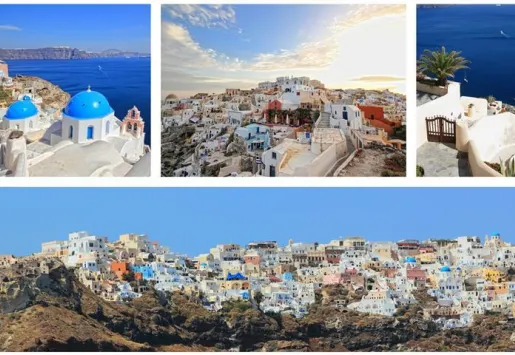
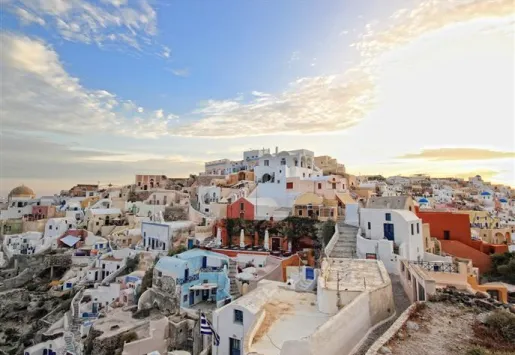

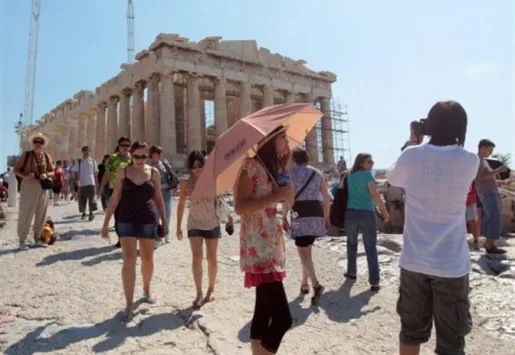
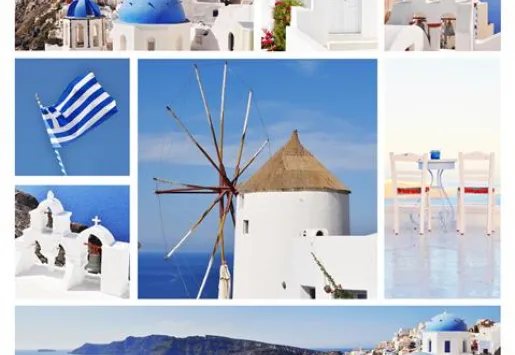
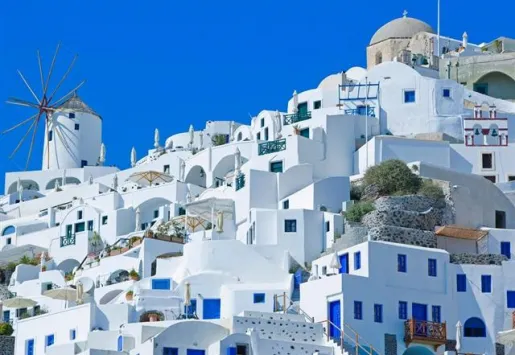







I am all in favour of the proposals to boost business for the smaller business's involved in tourism. The larger companies have ruled the roost for far too long and if the tourists knew how little hoteliers and apartment owners are paid for their beds/rooms they would be shocked. Smaller business's must be encouraged to promote their business to it's highest potential with advertising and internet promotion. I just hope that the big tour operators don't increase the cost of their flights to the extent that it becomes too expensive for people to travel to Greece and the Greeks Islands.